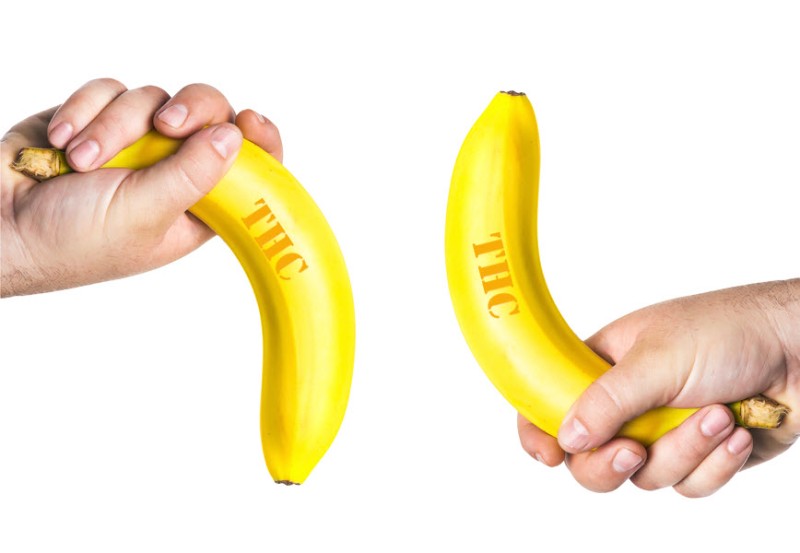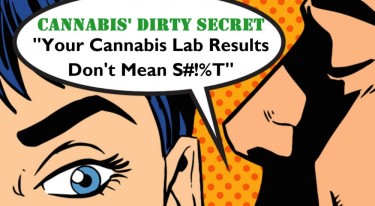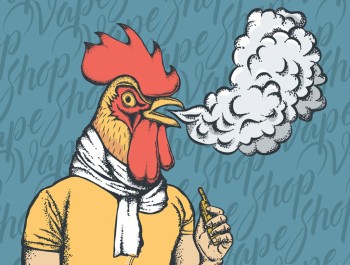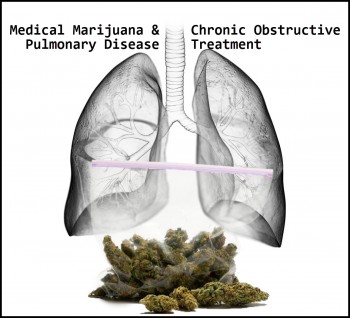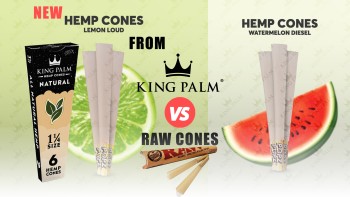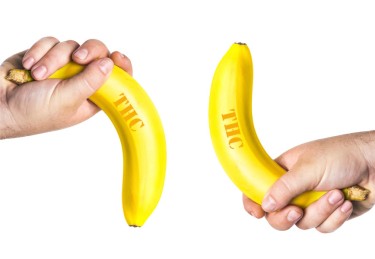
The Truth Behind THC Potency: Are Cannabis Consumers Being Misled?
The cannabis industry – from its humble, underground beginnings to the booming, multi-billion-dollar behemoth it is today. As legalization sweeps across the US and beyond, you'd think that reliable information on product potency would be a given, right? Well, think again. A recent article on Zmescience.com exposed a rather concerning truth: THC potency often isn't what it says on the label. Yes, you read that right – consumers are left holding the bag with less potent products than they bargained for. So, it's high time (pun intended) that both producers and consumers face this challenge head-on and demand accurate labeling and quality control.
Let's talk about the glaring issue of inaccurate THC labeling. A study in PLOS ONE revealed that, shockingly, the majority of cannabis samples had significantly lower THC levels than advertised. On average, we're looking at 23% lower, and in some cases, up to a whopping 35% lower. The result? Most consumers are left paying top dollar for underwhelming products. And no, this isn't some isolated incident – the error spans products from a multitude of dispensaries.
Now, you may be wondering, "Why on earth is this happening?" Well, one possible explanation lies in the lack of a single standard testing protocol for THC content. High-Performance Liquid Chromatography (HPLC) is the go-to method, but there's no legal incentive for testing labs to keep their noses clean. Labs can, and do, adjust methods to produce higher numbers or even falsify data. Then there are the growers, who have dollar signs in their eyes as they aim to list products with sky-high THC content. After all, consumers have been led to believe that more THC equals better quality. Some growers might send unrepresentative samples from their batch, leading to inflated THC numbers. Crafty, huh?
So, how do we tackle this mess? The cannabis industry desperately needs better regulation, standard testing protocols, and a major shift in consumer focus away from THC content as the be-all and end-all of quality. Dispensaries could adopt measures like full phytochemical profiles, in-house assessments, or consumer feedback to rank their products.
It's time for consumers to wise up and learn how to judge the quality of cannabis beyond just THC content. Factors such as growing conditions, genetic stock, terpene profile, drying and curing processes, storage, and time to sale all impact the overall quality of cannabis products. By empowering consumers with this knowledge, we can break the cycle of inflated THC numbers and focus on what truly matters: accurate information and top-notch products.
In a nutshell, inaccurate THC labeling is a widespread issue that needs to be nipped in the bud (last pun, I promise). By implementing standardized testing protocols, honing in on overall quality, and arming consumers with the right knowledge, the cannabis industry can ensure a more transparent and reliable market for all. And isn't that what we all want?
Of course, I also argue that this type of rigorous testing should only be applied to large corporations. The truth of the matter is that the average cannabis consumer doesn’t care too much about THC content. They prefer a more nuanced smoke.
Therefore, within the “informal marketplace”, people simply buy based on “look, Resin, Smell, Perceived potency”.
The dealer says, “This shit is fire” and the consumer says, “for real?” and then everybody accepts the definition of fire which becomes the metric of potency.
However, it does raise an important question.
If “high potency pot” is meant to be the cause of severe mental health issues, and people aren’t being exposed to the quantities they believe – could the “green outs” be partly psychosomatic?
Who knows…its not like there’s going to be any scientists researching that.
Anyhow, I thought it was important to deliver a bit of interesting insights on the not so glamorous aspects of the cannabis industry.
